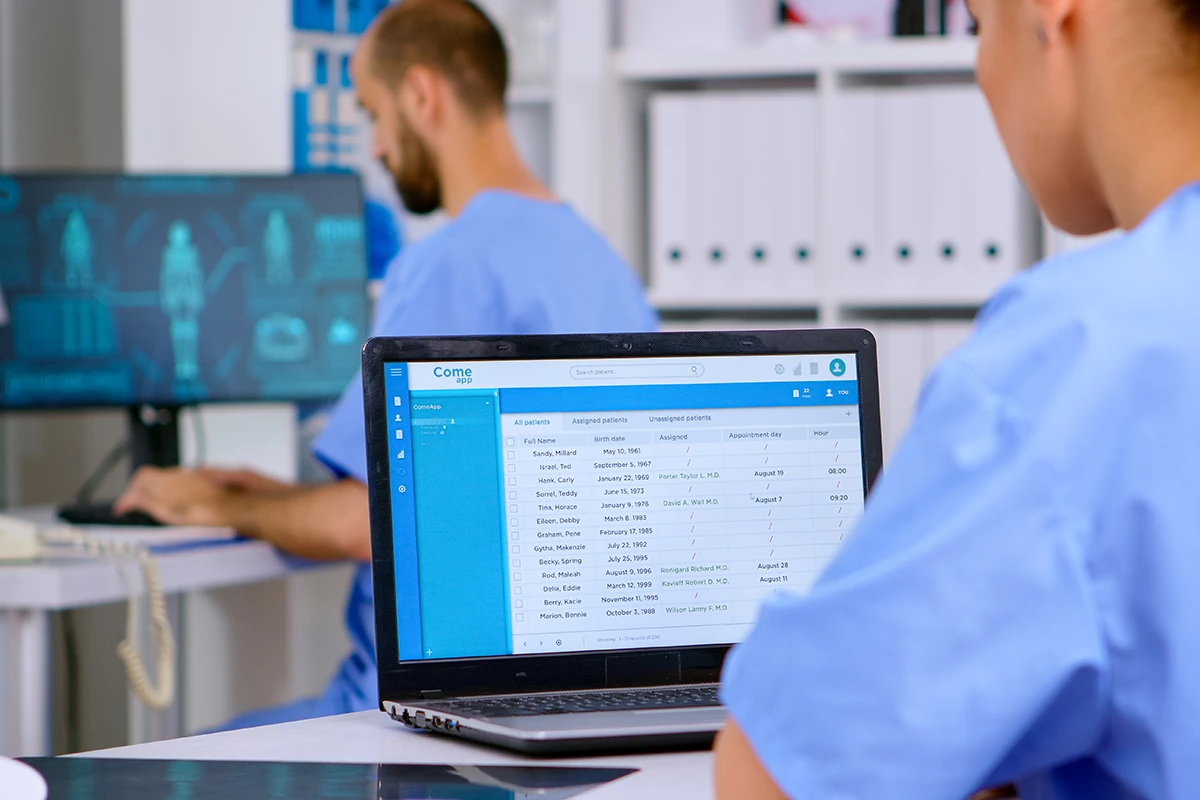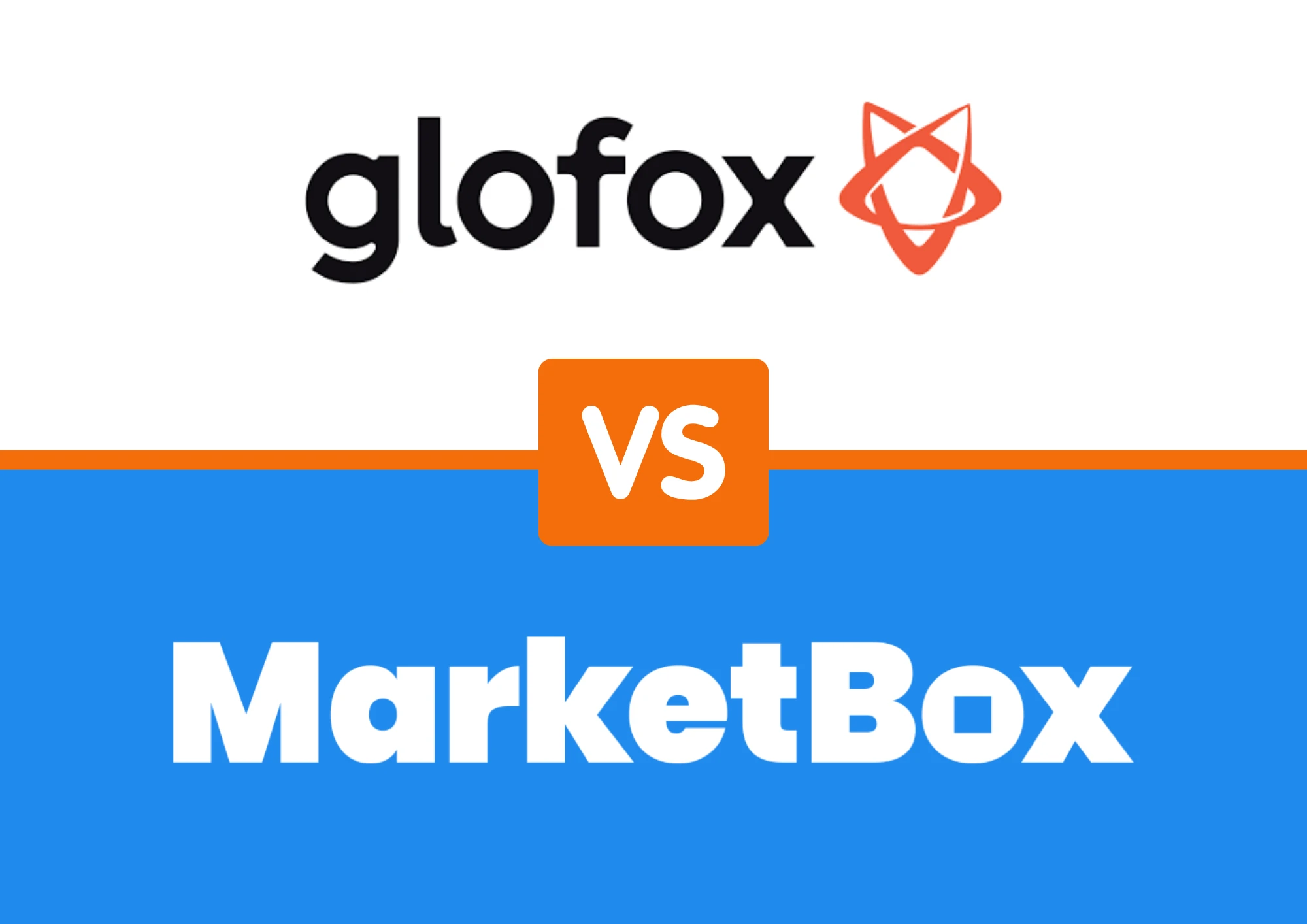What is EHR Software?
Learn more about EHR software and the role electronic health records play in healthcare

EHR software (or electronic health record software) is a digital tool designed to manage and store patient health information. These records are created, managed, and accessed electronically, replacing traditional paper-based medical records.
EHR software offers several advantages over paper records, including improved efficiency, accessibility, and the ability to share patient information securely among healthcare providers.
Although their base functions are the same, they differ from EMRs. Electronic health records focus on the total health of the patient and are designed to share information with other doctors and medical professionals.
Features of electronic health records
Digital patient records: EHR software centralizes patient information, including medical history, diagnoses, medications, treatment plans, immunization dates, allergies, radiology images, and laboratory test results.
Interoperability: Electronic health records facilitate the sharing of patient information across different healthcare settings. This interoperability allows healthcare providers to access and update patient records seamlessly.
Clinical decision support: EHR systems often include tools that provide clinical decision support to healthcare professionals. This can include alerts for potential drug interactions, reminders for preventive care, and evidence-based guidelines for treatment.
Order entry and management: Electronic health records enable healthcare providers to enter and manage orders for tests, prescriptions, and other services electronically, reducing the likelihood of errors associated with manual entry.
Workflow management: EHR software helps streamline healthcare workflows, making it easier for healthcare providers to manage appointments, billing, and other administrative tasks.
Patient portals: Many electronic health record systems have patient portals, allowing individuals to access their own health records, schedule appointments, communicate with healthcare providers, and view test results online.
Security and privacy: EHRs are designed to meet strict security and privacy standards to protect patient information. This includes features such as user authentication, encryption, and audit trails.
Adopting EHR software is a significant step towards modernizing healthcare practices and improving the overall quality of patient care. EHRs promote better communication among healthcare providers, reduce the likelihood of errors, and enhance the overall efficiency of healthcare delivery.
9 benefits of EHR software
The adoption of Electronic Health Record (EHR) software can bring about numerous benefits for healthcare businesses. Here are some of the key advantages:
1. Improved patient care:
- Centralized patient information: EHRs consolidate patient information into a single, electronic record, providing healthcare professionals with quick and easy access to comprehensive patient data.
- Clinical decision support: EHR systems often include tools that offer clinical decision support, helping healthcare providers make informed decisions about patient care based on evidence-based guidelines and alerts.
2. Enhanced efficiency:
- Streamlined workflows: EHRs help streamline various healthcare processes, such as appointment scheduling, billing, and prescription management, leading to increased operational efficiency.
- Reduced paperwork: By eliminating paper-based records, healthcare businesses can significantly reduce paperwork, freeing up time for healthcare professionals to focus on patient care.
3. Interoperability and information sharing
- Interconnected healthcare: EHRs facilitate interoperability, allowing seamless sharing of patient information among different healthcare providers. This improves communication and coordination of care between various healthcare entities.
4. Patient engagement:
- Patient portals: EHRs often include patient portals that enable individuals to access their health records, schedule appointments, and communicate with healthcare providers. This enhances patient engagement and empowerment in managing their own health.
5. Accuracy and error reduction
- Electronic prescriptions: EHRs support electronic prescribing, reducing the likelihood of errors associated with manual prescription processes.
- Clinical alerts: EHR systems can provide alerts for potential drug interactions, allergies, and other critical information, helping healthcare providers avoid mistakes.
6. Data security and privacy
- Secure access controls: EHRs are designed with robust security features, including secure access controls, encryption, and audit trails, ensuring the confidentiality and privacy of patient information.
7. Regulatory compliance
- Meeting regulatory requirements: EHR software helps healthcare businesses stay compliant with various regulatory requirements and standards, such as those outlined by the Health Insurance Portability and Accountability Act (HIPAA).
8. Data analytics and reporting
- Insights and analytics: EHRs provide tools for data analytics, allowing healthcare organizations to gather insights into patient populations, monitor trends, and improve overall healthcare outcomes.
9. Cost savings
- Reduced administrative costs: EHRs can contribute to cost savings by streamlining administrative processes, reducing paperwork, and minimizing errors that may lead to costly consequences.
While there are numerous benefits, it's important to note that successful implementation and utilization of EHR software require careful planning, training, and ongoing support to ensure that healthcare professionals can maximize the advantages of this technology.
Ready to transform your scheduling and operations?
Talk to our sales team and see how MarketBox can help you achieve more with less effort




.svg)

